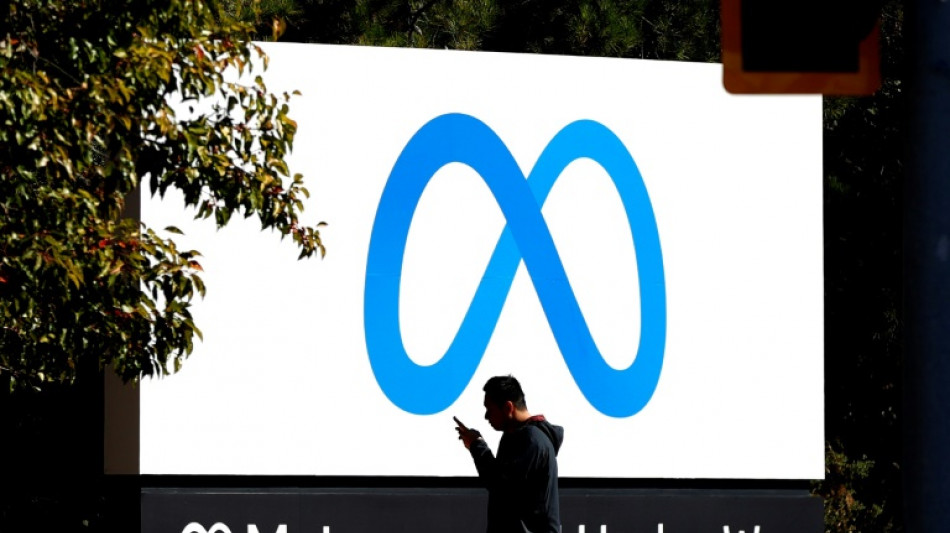

Online privacy and profit clash with fortunes at stake
Facebook and Google are under growing pressure to better balance privacy and ad-targeting -- with their fortunes at stake as users rebel, regulators loom and Apple pounces on the moment to polish its image.
At the heart of the issue is how much internet companies should know about people's online lives, a flow of data that is key to the many billions Big Tech makes on ads each year.
The firms have faced steadily stricter rules since the EU passed a massive data privacy law in 2018 that, among other regulations, requires firms to seek direct consent of users before installing cookies on their computers.
But new pressure is building due to advancing landmark European legislation that could set unprecedented oversight on Big Tech, and Silicon Valley giants are targeted by a tangle of US official probes and lawsuits.
"They are really between a rock and a hard place. Their entire business model is under threat," analyst Rob Enderle said of the threat to Meta and Alphabet, the parent companies of Facebook and Google, respectively.
One of the battlegrounds is the use of so-called "third-party cookies," software snippets that track users' online behavior, and which have been portrayed as villains in a "surveillance advertising" scheme considered downright creepy.
Google has pledged to replace that technology, but critics have voiced worry that its proposed changes could just mean less data transmitted to third-parties while the internet giant would continue to amass detailed info from people who use its ubiquitous services.
For its part, Apple announced last year that users of its one billion iPhones in circulation can decide whether to allow their online activity to be tracked for the purpose of tageting ads -- a change which it said shows its focus is on privacy but which critics note does not prevent the company itself from tracking.
Meta expects that policy, which impacts the precision of the ads it sells and thus their price, to cost the social media giant $10 billion in lost revenue this year.
- 'Creepiness factor' -
That news contributed to questions about the firm's long-term prospects, prompting a historic plummet of the company's value in recent weeks.
Still, the social media firm is exploring ad-targeting technology that would keep users' data "locally on their device rather than sending individual data to a remote server or cloud," Meta marketing executive Graham Mudd wrote in a post.
Analyst Enderle believes that Facebook could thus circumvent the Apple software change and regain some of that lost ad revenue.
"Apple views Google and Facebook as competitors, so they are much less likely to make it easy for either firm," he added.
US pressure on tech companies has increased on privacy and antitrust fronts, especially after the Facebook whistleblower scandal last year boosted regulation efforts long-stalled by sharp partisan divides.
In the absence of action from the federal government, states have launched their own lawsuits.
In one such complaint filed in January, multiple states accuse Google of tracking users' location data despite leading consumers to believe they could protect their privacy on the tech giant's services.
Whatever changes tech firms may make, watchdogs question the model of big online services funded with advertising and users' data.
"I think behavioral ads are just bad for society," said Electronic Frontier Foundation staff technologist Bennett Cyphers.
"Negative side effects are not just people's privacy being violated -- it has allowed some of the most toxic elements of the internet today to flourish, because it is all about eyeballs."
He cited problems of "click bait garbage," plagiarism, misinformation and inflammatory content that make money from ad impressions.
As an alternative, he said ads can be served up based on context -- auto commercials on a car news website, for example.
From the industry's perspective, the process of finding a better system is ongoing, as is managing the general public's perception of the online advertising business.
"There is huge concern by people and government officials regarding how cookies are being used," said Angelina Eng, vice president of industry group Interactive Advertising Bureau.
"We just haven't found the right balance yet because there are several bad actors out there creating this creepiness factor," she added.
T.Grant--MC-UK



